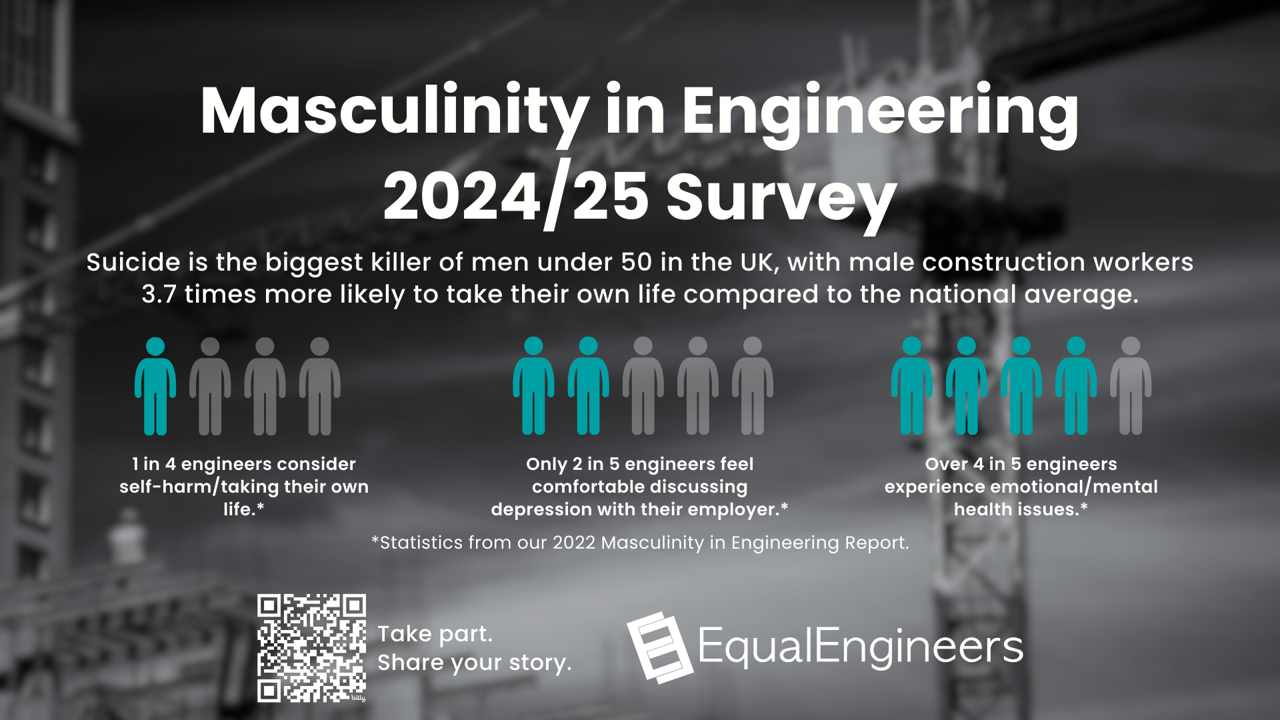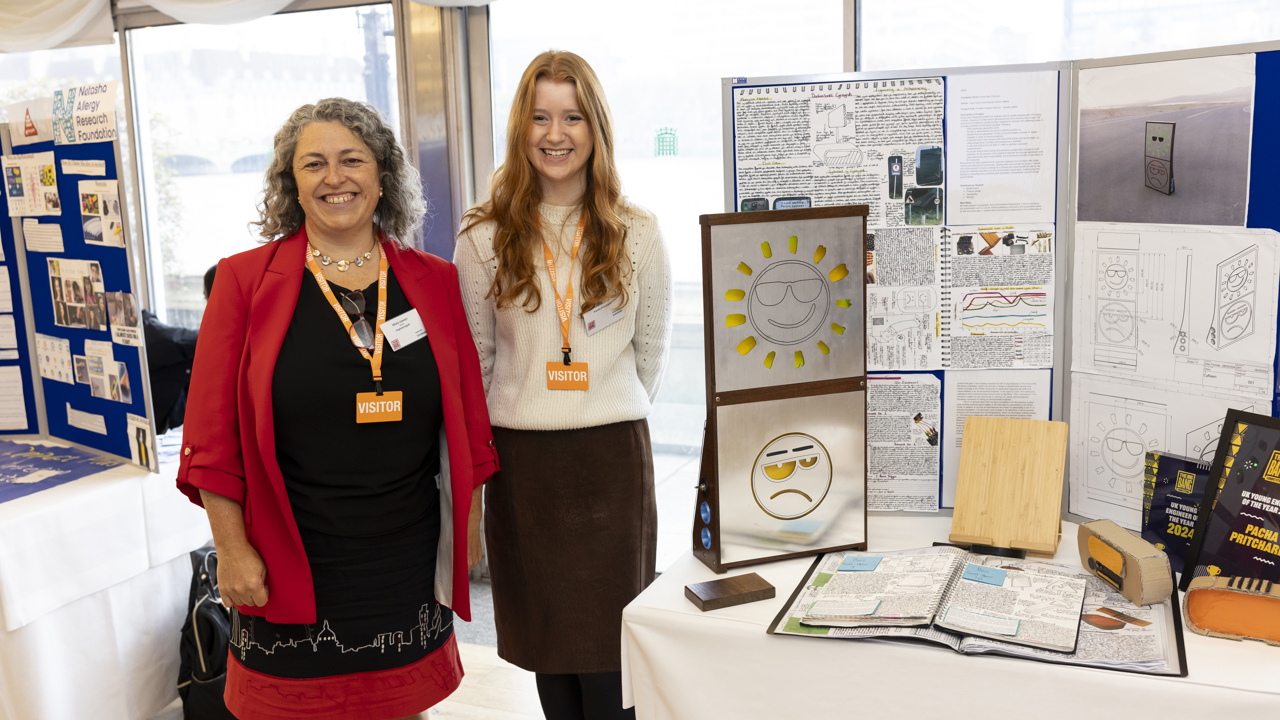Discover the latest trends in engineering and technology graduate outcomes
Our latest research report has highlighted trends in engineering and technology graduates after Higher Education. Using the latest data from the Higher Education Statistics Agency (HESA), we explore engineering and technology graduates’ activity, 15 months on from graduation.

The report, published on 8 July 2025, looks at who graduated with an engineering and technology degree, and their demographics. The findings explore the employment rates of these graduates and what jobs they're going into.
Engineering graduates are more likely to be employed
There’s good news for the sector – graduates in engineering and technology are more likely to be in work than graduates in other subjects. Fifteen months after graduation, engineering and technology graduates were more likely to be in paid employment (73.2%) compared to graduates from other subjects (70.4%).
Students are also staying in the engineering and technology sector after graduation. More than half of engineering and technology graduates (54.5%) were working in the engineering industry.
Graduates working in engineering and technology roles are earning more than graduates in other jobs. 22.2% of engineering and technology graduates were earning between £30,001 and £35,000 compared to 15.2% of graduates from all other subjects.
Satisfaction is also high. Engineering and technology graduates are more likely to think their degree was relevant to their job, and to feel “on track” with plans for the future.
Women remain underrepresented in engineering and technology degrees
Women undertaking engineering and technology degrees only make up 21.0% of the cohort. This compares to all other subjects combined where nearly two thirds were women (63.7%). This continues into the workforce.
While two-thirds of engineering and technology graduates went on to work in engineering and technology jobs, this is higher for men than women. Male engineering and technology graduates were more likely to go on to work in an engineering and technology occupation (65.5%) compared to women (54.3%).
In addition to women, those from a lower socio-economic background, and Black/Black British (Caribbean) young people continue to be underrepresented in engineering and technology degrees.












